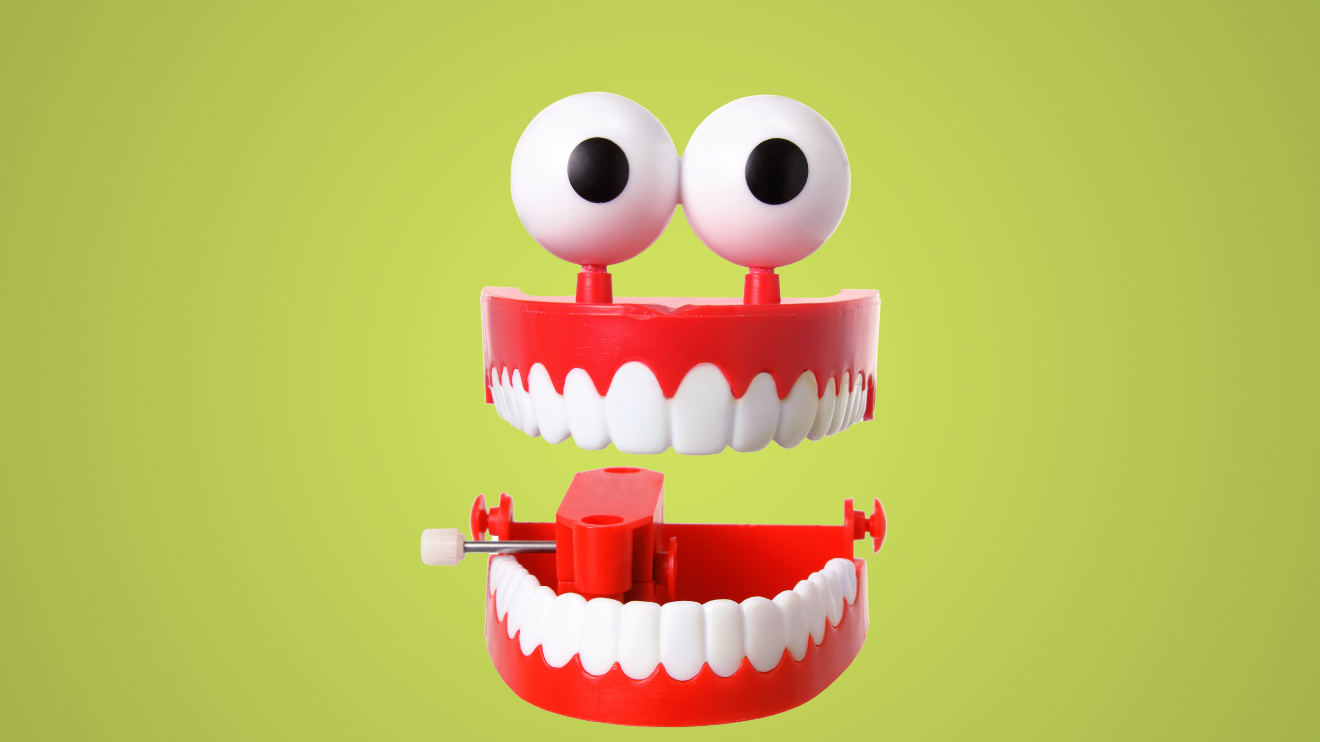The mental health tech debate is not about tech at all
Why the increasingly loud debate over the role of technology in mental health is a dangerous distraction.

You are about to read a story on the intersection of mental health and technology that you won't find anywhere else. Like everything else on this site, it is ad-free and 100% funded by paying supporters.
Please pick up a monthly or annual subscription so I can keep doing this work.
Subscribe nowThe Economist is the latest big-name publication to weigh in on our time's defining question: are mental health apps dangerous?
At the heart of that increasingly loud question is the recent $$$ rush into a largely unregulated sector. In 2020, mental health tech companies attracted nearly $2 billion of equity funding. There are now tens of thousands of apps available for download, as entrepreneurs and venture capitalists jostle for a piece of a market with massive unmet needs brought to dramatic focus by a pandemic, and users search for alternatives beyond the formal mental healthcare system that has shamefully failed them.
But the explosive growth in 'therapy apps' has alarmed critics. They fear that the lack of ironclad regulations, privacy standards, and quality checks could endanger vulnerable users. And they warn that replacing human therapists with impersonal AI is a disastrous pursuit.
A lot has been written about the underside of the gangbuster rise of mental health tech, including in the latest Economist piece, so I won't get into all of it here. Of course, if you are a regular reader of Sanity, you already know where my bias lies.
I am a therapy purist. In an earlier story, I'd argued that the ongoing gamification of mental health – you answer a chatbot's questions, choose a smiley to indicate your current mood, make a list of attributes you want in your ideal therapist and then wait for the app to throw up a dream match – might help some for some time, but it isn't therapy. It is closer to shopping for the latest baubles for self-care. It is attractive because it promises to restore short-term functionality and productivity, which is why employers love them and are integrating such services in their employee wellness programs. But therapy on demand is the antithesis of the slow, hard, messy process of guided excavation within yourself. (Disclaimer: I am aware that traditional therapy is also often criticised for being too productivity-minded, but that's the subject for another story.)

Depending on your worldview, you might find it tempting to portray this entire debate as a simple clash of two ideologies: those who believe that technology is the only way to disrupt a broken system v naysayers discomfited by the new normal. This script isn't even unique to mental health, you might add. It has played out in every modern industry, from education to e-commerce.
But I believe this is a reductive interpretation, designed to keep us stuck in a deadlock. To move forward, we need to take a step back and focus on something much more fundamental. We need to examine the very question that's used to justify the case for a mental health future led by technology and apps:
"How do you scale mental health care without technology?"
Once you start unpacking that seemingly valid question, you begin to see why the technology debate is not about technology at all. It is about politics.






